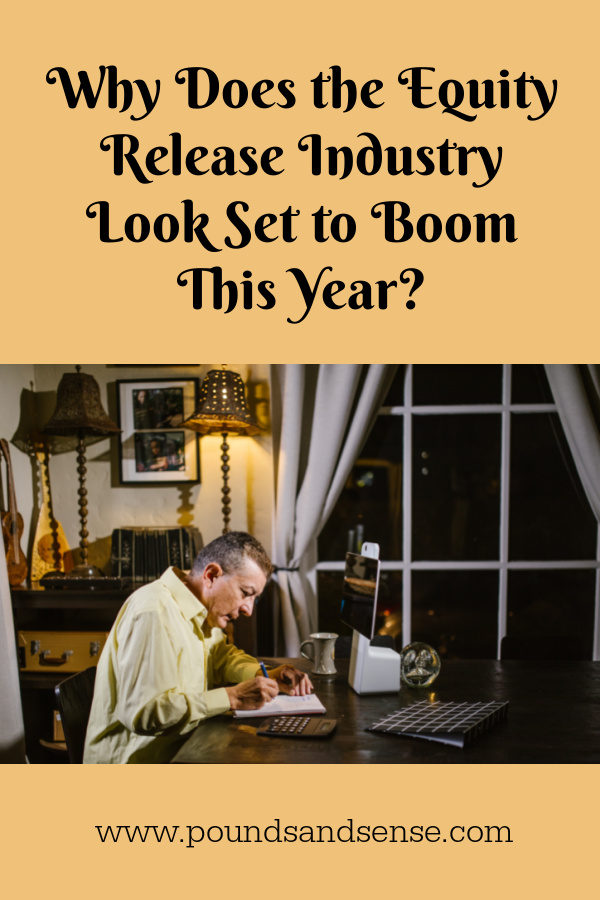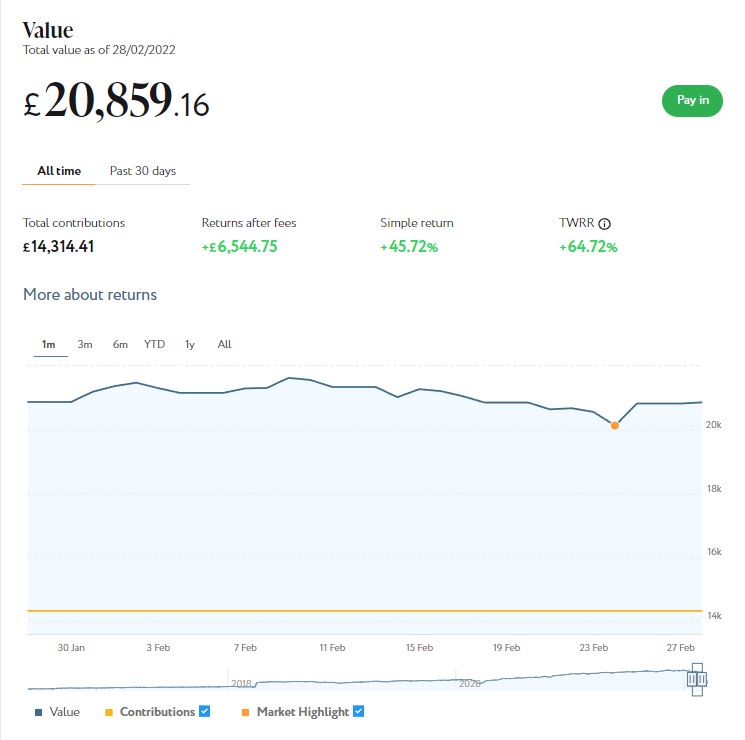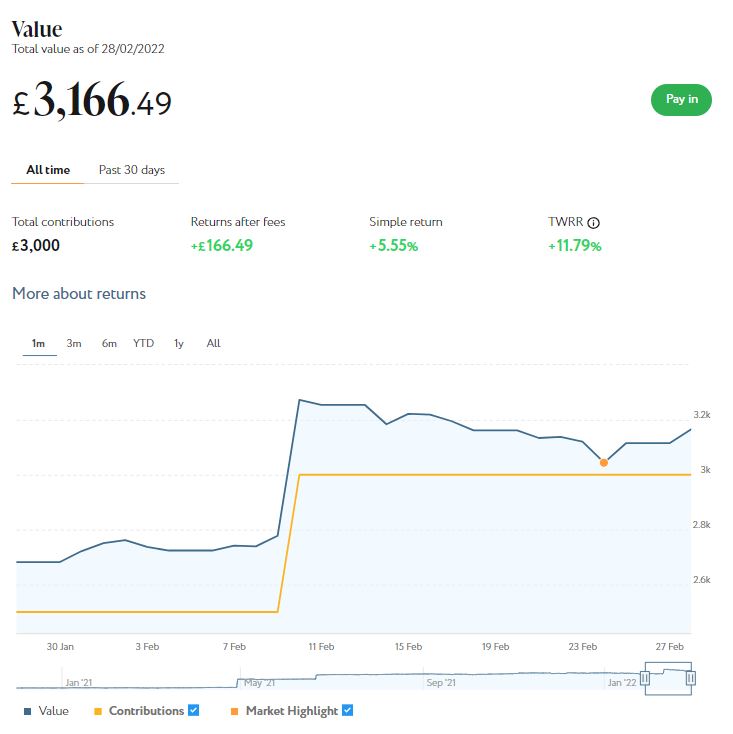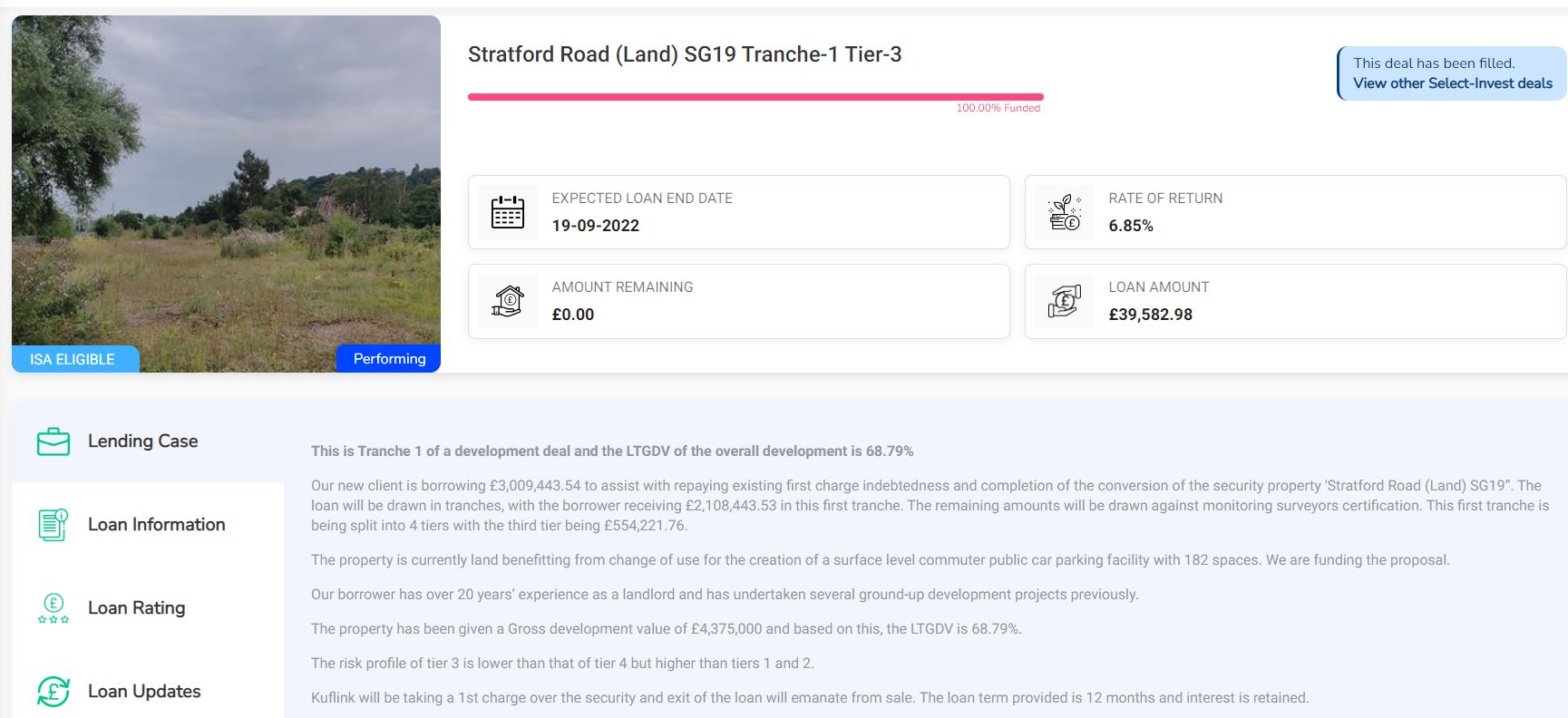How to Cut Your Motoring Costs
Today I’m looking at some ways you may be able to cut the amount you spend on motoring.
Right now, as I’m sure you know, the cost of motoring is rising fast. Fuel prices are obviously a major issue, with the war in Ukraine and economic sanctions on Russia driving up prices that were already increasing anyway.
But in addition, drivers are having to contend with ever-rising road taxes, congestion charges, insurance premiums, repair and servicing bills, and more. And while these costs keep going up, many of us are also having our incomes squeezed.
So today I thought I would share some tips and ideas for cutting your motoring costs…
Travel Light
The more weight you carry around in your car, the worse the fuel economy is likely to be. So empty your boot as much as possible and remove the roof rack if you’re not using it. The latter will also aid fuel economy by reducing air resistance.
Check Your Tyres
According to the RAC, tyres under inflated by 15 psi – a difference you might not notice visually – can use 6% more fuel. Not only that, under-inflated tyres wear out faster, meaning you will need to replace them sooner.
You can check your tyre pressure at most filling stations or buy an electric pump (like this one maybe). The correct pressure for your tyres will be in the owner’s manual or handbook.
Drive for Fuel Economy
There are many ways you can improve the fuel economy of your car. One of the best and simplest is to avoid braking and accelerating sharply. That means reading the road, anticipating changes in gradients and traffic conditions, and making any necessary adjustments in good time. A good satnav (see example ad below) can help with this.
Another tip is to keep your speed moderate. According to government statistics, driving at a steady 50 mph rather than 70 can improve fuel economy by 25%. For most cars the sweet spot is between 50 and 60 mph. Once you get much over this, fuel economy starts to drop rapidly.
Finally, having lots of electrical devices running – from heating to aircon – can reduce fuel economy as well, especially at lower speeds. So try to keep this to a minimum, but without of course compromising your comfort or safety.
Shop Around for Petrol
Clearly driving miles out of your way to save a penny a litre isn’t likely to be cost-effective. But if you have a choice of local filling stations, it is well worth monitoring them regularly to see which is cheapest.
There are also various websites that can help you check prices locally, though you may have to register with them to view full details. Two to try are Petrolprices.com and GoCompare.
Don’t Fill Your Tank
Petrol is heavy, and the added weight will reduce your car’s fuel economy. Ideally don’t fill your tank more than half-way, though of course this may not always be practical.
Don’t Rev the Engine When Starting
This is something that until recently I was guilty of myself, having grown up in the days when you had to do this to prevent a cold engine from stalling.
But with modern cars, many of which have computer-controlled ignition systems, it is no longer necessary. If (like me) you still do this habitually, train yourself to turn the ignition and keep your foot well away from the accelerator pedal. This will save petrol and help with fuel economy.
Consider Car Sharing
Car sharing can work well if someone else you know is travelling the same route as you, ideally on a regular basis. You can split the fuel costs and (if you both agree) the driving duties. And as fans of Peter Kay’s Car Share will know, you can make new friends and enjoy some stimulating conversations too!
For one-off journeys, you could try ride-sharing. The website BlaBlaCar lets you search for other drivers who are making a similar journey and have space for you in their vehicle. Alternatively, if you are planning a long journey you can help defray the cost by offering to take one or more paying passengers. Fees are paid in advance via the website, so there is no awkward passing over of cash on the day.
There are also ‘car pool’ companies like ZipCar that offer members the opportunity to hire a car from their fleet when needed for a modest price. If you only require a car now and then, this could be a cost-effective alternative to owning a car yourself.
Shop Around for Motor Insurance
It’s easy to fall into the habit of renewing every year with the same insurer, but there are big savings to be made by shopping around.
Use a price comparison service such as Go Compare or Confused.com to get quotes from a range of insurers, therefore. But also check cashback sites such as Top Cashback and Quidco, which have some good offers too. For example, Top Cashback are currently offering up to £20 cashback on car insurance from the AA.
One other top tip is to get a quote for fully comprehensive insurance, even if you normally opt for third party, fire and theft (TPFT). Surprisingly, because of the way insurance companies’ algorithms work, comprehensive insurance often comes out cheaper, even though you are actually getting better cover.
Go Electric
Finally, if you haven’t done so already, you could consider going electric (or hybrid).
Electricity prices are going up at the moment too, but you should still save a lot compared with buying petrol or diesel. Electric cars are obviously expensive but prices are starting to come down and there is a growing second-hand market as well. This article from the Buyacar website includes a useful round-up of the pros and cons of electric cars.
If you have any comments or questions – or any other tips for saving money on motoring – please do leave a comment as usual.









